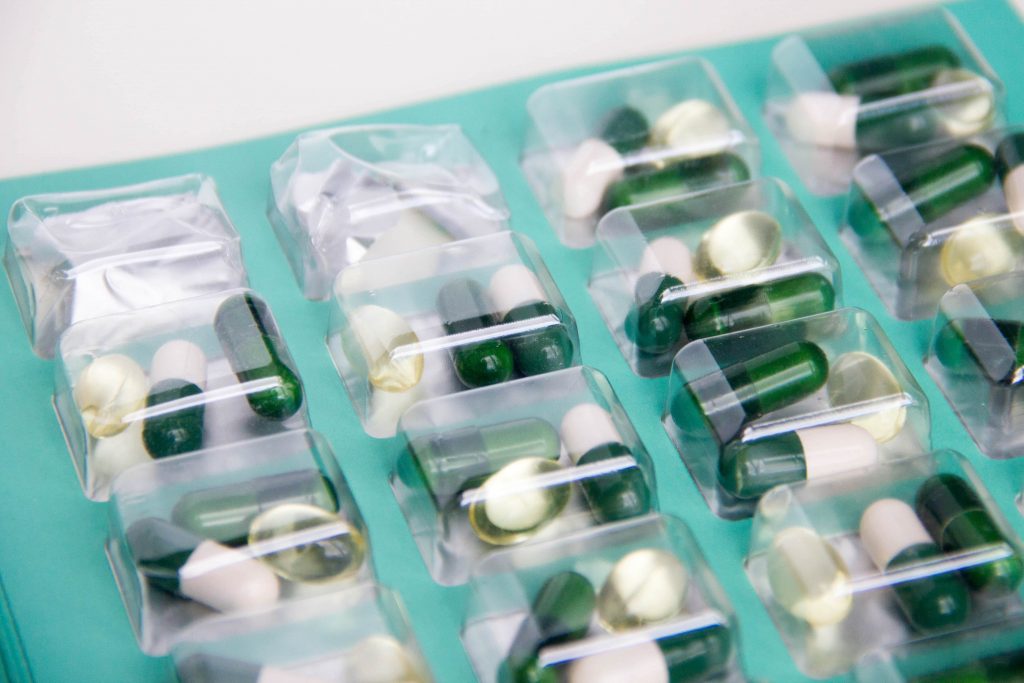5 Top Tips for Taking Medication

Have you or your loved one ever got in a muddle with taking medication?
If so, you are not alone. There can be various reasons why taking medication can prove a challenge. This can range from being unable to open the packaging, struggling to read the label, or simply just forgetting.
1. Organise your tablets

2. Set daily alarms
Timing in medicine management is important. In most cases, a missed dose is not life-threatening but in some people, it can be. There are a number of techniques to help you to remember when it is time to take your tablets. The first is to set alarms. These can be on your watch, your telephone, on a medication carousel, or on just a regular clock. Alarms can be particularly helpful on busier days when
your mind may be on other things.
Another way to ensure you take your medication on time is by building it into your daily routine. If you are due to take your blood pressure medication in the morning, you can put the box by the kettle as a visual reminder. This way you will see it when you go to make your morning cup of tea.
Similarly, keeping bedtime medicines on your bedside table can be helpful. The old adage “out of sight, out of mind” is true, so make your life easier by having your medicines in places that you will see them. Post-it notes in strategic places around the house can also be an option, if it is unsafe or impractical to leave your medicines out around your home.
3. Eat if necessary
Certain medications require you to eat prior to taking them and it is important to do so if these directions are given. There are some tablets such as strong painkillers that can make you feel nauseous, especially on an empty stomach. If you need to take strong painkillers before you get up in the morning, get prepared the night before. Take a glass of water and a couple of biscuits to bed with you, along with your medication. Then, when you wake in the morning you can take your pain relief and have a biscuit to stop you from feeling sick.
If you are out and about make sure you always have a snack with you, in case you need to take medication unexpectedly.

4. Ask for help
If you are really struggling with medicine management it might be time to enlist the help of a family member, friend or a professional home care agency. A carer can help with the practicalities of taking medicines such as opening bottles and boxes, but can also help ensure that you get the right medication, at the right dose and the right time. Having someone else involved lessens the chance of missed doses or accidental overdoses. They can also help to arrange prescriptions and collect tablets, or get them delivered to your home for you. Medication assistance is one of the services that we provide here, at Intrust Care.
5. Keep an up-to-date list of your medication
When you take multiple medicines it can be hard to remember what they are or what you take them for- let alone how often and what the dose is. This is why having an up-to-date list of the medicines you take can be a good idea. You can ask your GP to print off a medication summary or use the white side of your last prescription. Keep this list in a safe place like your purse or wallet and make sure that your next of kin or a friend, knows where it is too.
This will help in a medical emergency, or if you need to buy medicine over the counter from your pharmacist. Ensure it is updated whenever there is a change and include any herbal remedies or natural supplements that you take.
As you can see, from making just a few simple changes and planning ahead, taking your medication can be a whole lot easier.
If you enjoyed this post, please help us by sharing it with your friends on social media!
